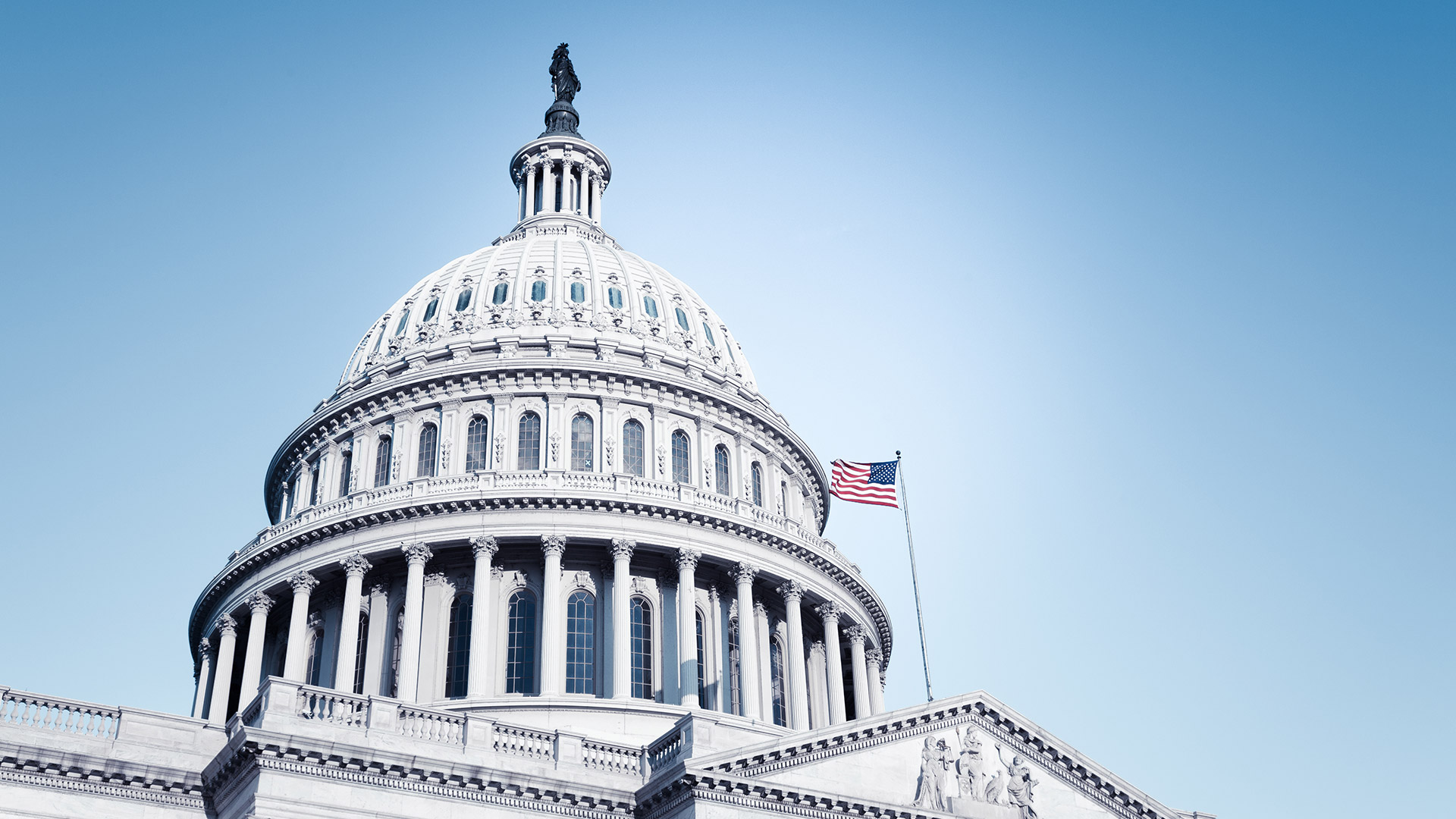[ad_1]

The U.S. House of Representatives on September 22 passed a package of policing bills authorizing billions in grants for local police departments to hire, train and retain officers and other initiatives.
The package includes four bills, which all passed in succession with bipartisan support. H.R. 6648, the Invest to Protect Act, passed 360–64, would provide $60,000,000 a year for five years to police departments with fewer than 125 officers. The funds could be put toward recruitment and retention initiatives as well as de-escalation training and the purchase of body-worn cameras.
The package also includes H.R. 4118, the Break the Cycle of Violence Act, passed 220–207, which would provide $5 billion in Department of Health and Human Services grants over eight years to support evidence-informed community violence intervention and prevention programs; H.R. 5768, the Violent Incident Clearance and Technological Investigative Methods (VICTIM) Act, passed 250–178, which would establish $100 million in Department of Justice grants for state, tribal and local agencies to hire and train more detectives and for victim support services; and H.R. 8542, the Mental Health Justice Act, passed 223–206, which would establish a $250 million grant program to hire, train and dispatch mental health professionals instead of law enforcement to mental health crisis calls.
Representative Josh Gottheimer (D-N.J.), the sponsor of the Invest to Protect Act, said the bill is all about funding, rather than defunding, public safety. “The bottom line is that you can’t cut it or defund your way to safer communities and better police departments. It’s about investing to protect. We must always have the backs of those who risked their lives every day to protect us,” he said, adding that 96% of police departments in the country qualify for the grants.
However, some lawmakers argued that the bill doesn’t do enough, as it does not address banning chokeholds or changing qualified immunity for law enforcement.
“Even the most bare-bones accountability measures” were not included in the new package, Representative Cori Bush (D-Mo.) said in a statement.
Bush was also concerned that the funding “would add nearly a quarter billion dollars in police funding over the next five years without addressing the crisis of police brutality.”
Around 150 Republicans ultimately voted to approve the measure, despite the risk of it boosting Democrats’ chances in the upcoming midterm elections.
“This is for our law enforcement men and women. This is for those small agencies,” said Representative John Rutherford (R-Fla.), a former sheriff from Jacksonville. “We need to be able to help them out. And I can tell you the last 2 1/2 years has left law enforcement demoralized like I’ve never before seen it.”
The U.S. Conference of Mayors (UCM) — a coalition representing mayors across the country — was satisfied with the bill.
“These bills make needed investments in our cities and their police departments, investments that will make our neighborhoods safer and improve our response to people having behavioral health crises,” said UCM CEO and executive director Tom Cochran. “They will help us to achieve strong, effective, and accountable policing, prevent violence, and intervene when it does occur.”
William Johnson, executive director for the National Association of Police Organizations (NAPO) also applauded the bill package, saying it “will create a broad grant program specifically for small agencies within the DOJ’s Community Oriented Policing Services (COPS) program that will give them access to vital resources to help them train their officers, retain and hire officers, and support mental health and wellness programs for officers.”
All four bills are headed to the Senate.
[ad_2]




